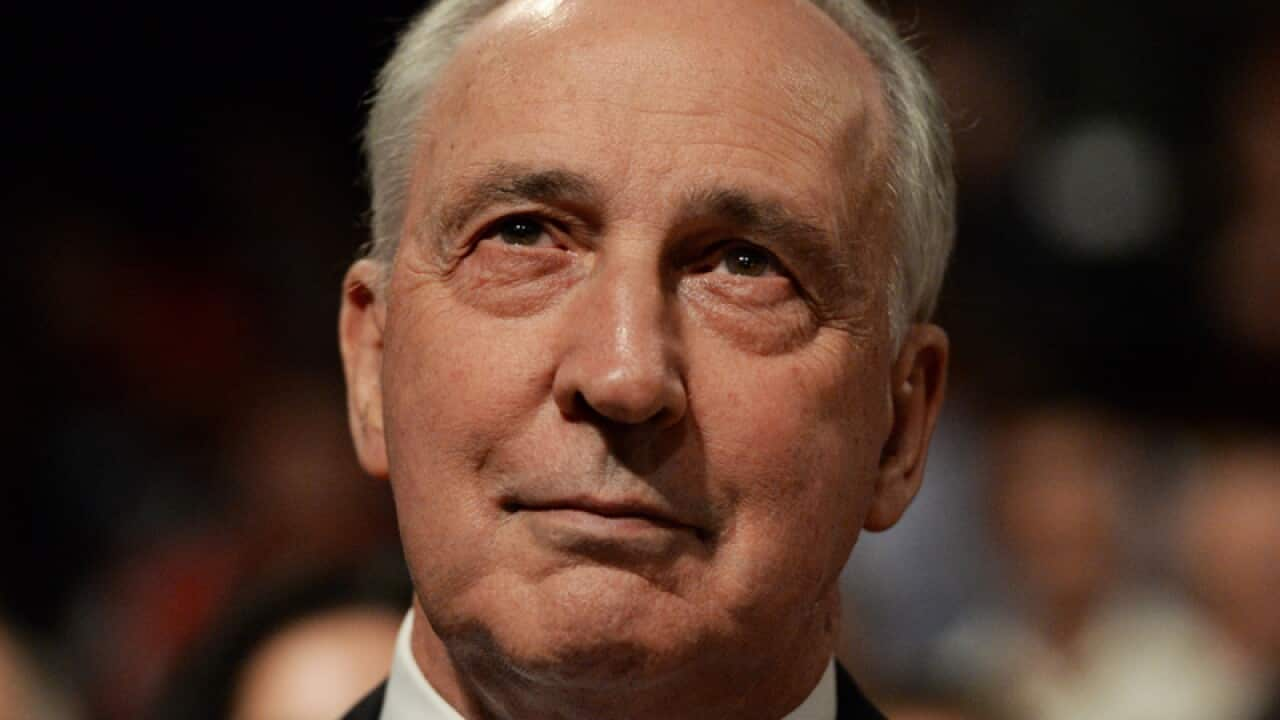Political shocks dominated market moves in 2016.
AMP Capital Chief Economist, Shane Oliver, says Britain's surprise decision to exit the EU unsettled investors early in the year.
"I think the same will apply in the run up to elections in the Netherlands in March, the French election through April and May and the German election later in the year," he said. "At the end of the day though, I think centrist parties in Europe will remain in power. So I think this Eurozone breakup risk will remain a feature as we go through 2017 but I think at the end of the day, Europe will hold together."
With the European Union holding by a thread, relations between the world's two biggest economies will be in focus.
China's economy performed better than expected in 2016 and while a slow down in its property market is its biggest concern domestically, Stephen Walters, Chief Economist at the Australian Institute of Company Directors, says international tensions may come to a head.
"There may be some issues around trade, obviously if the US does impose tariffs on their products imported into the US, then China may be forced to respond," he said. "I really hope that doesn't happen because that's a very negative outcome but I think China will be an economic force next year and I think it's on the positive side, particularly for Australia."
READ MORE

What's in a Brexit for Australians?
Mr Oliver expects some sort of action on China.
"I don't think we'll get a full on trade war with the US but obviously Donald Trump was elected on a mandate to bring back jobs to the US, to get a better deal for the US on the trade front particularly with China, and I think he'll want to do something on that front," he said.
Donald Trump has also promised to improve America's domestic position, Mr Walters adds.
"You've got a big new wave of infrastructure spending and tax breaks going into an economy that is already operating at its capacity, so I think the clear implication is that you are going to get some inflation in that economy," he said.
Which means further US interest rate rises.
The Federal Reserve lifted American interest rates for only the second time since the global financial crisis earlier this month.
Mr Walters says that's seen a repricing of international interest rate related products which influence part of the funding mix for Australia's banks.
"It actually could get quite painful for mortgage rates next year if Donald Trump says he is going to re-float that economy and actually does it, then I think the implications for Australians will be higher interest rates with perhaps the beneficial offset being the lower Australian dollar," he said.
Which inturn may prompt the Reserve Bank to cut rates as Australia's economy slows.
"We're still running well below potential," Mr Oliver said. "We've still got 14 per cent of the labour market who are either unemployed or underemployed so there's a lot of spare capacity there.
"That's going to mean downward pressure on wages continues, which means very low inflation and economic growth will still be sub par in Australia, all of which means the Reserve Bank will cut rates in Australia again, sometime in the first half of the year."
Ultimately investors will likely take their cue from a growing US economy, Mr Oliver says.
"Yes global interest rates, global bond yields might be edging up, but by the same token that's likely to be backed up by stronger profit growth that we've seen over the course of the last year so my feeling is that we'll see global equities and indeed Australian equities returning something like 8 to 10 per cent over the course of the next 12 months."
After a rollercoaster first half of 2016, Australian shares fell below where they started after the Brexit vote and once again immediately after Donald Trump's election win.
But that was short lived once the market focused on Trump's economic policies, with Australian shares up about 9 per cent since the US election outcome.




